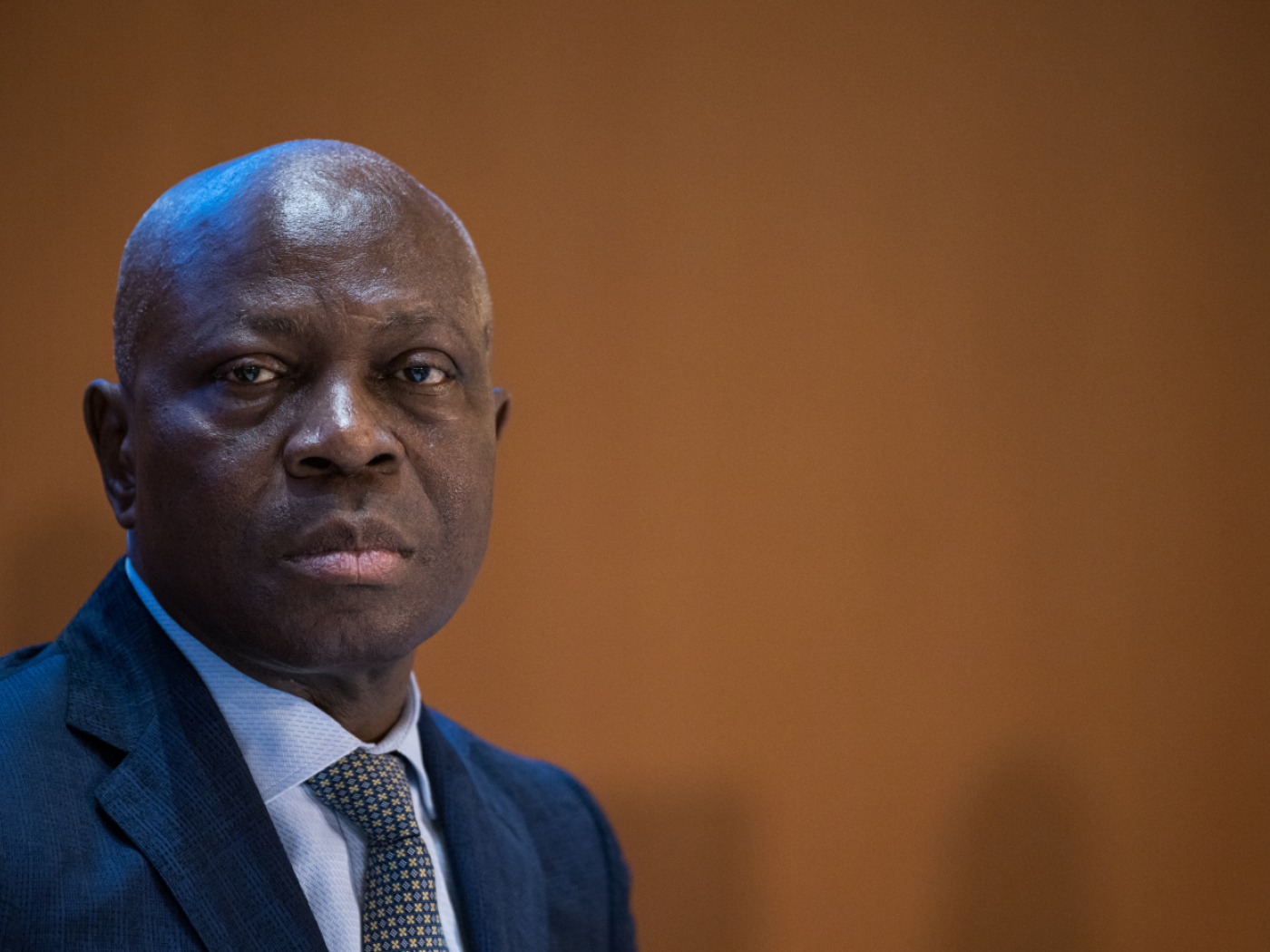
ILO chief ready to face up to necessary reforms

The Director General of the International Labour Organisation (ILO) Gilbert Houngbo admitted on Monday that the time has come for rigour.
At the start of the 113th International Labour Conference, Houngbo called for a “more efficient” organisation in front of the 187 member states and thousands of delegates in Geneva. He added that “firmness” was needed to reduce expenditure and make the institution more robust, with human beings at its centre. “Employment must be an active component” of economic progress, he added, also refusing to pit worker protection against economic progress.
+Get the most important news from Switzerland in your inbox
Among the most important issues expected over the next two weeks, the financing of the organisation will be at the heart of the discussions. A few days ago, Houngbo told the press that American decisions affected his institution less than humanitarian entities.
But the United States stopped paying its contributions, around 15% of the institution’s funding, in 2024 and this year, as is the case with most UN agencies. Six countries provide nearly 70% of the organisation’s budget, which is unlikely to increase. “The Member States expect us to cut our expenditure,” said the ILO director general. He added that two or three floors of ILO’s Geneva headquarters could be rented out.

More
Trump’s aid cuts plunge humanitarian sector into existential crisis
In recent months, around 200 staff out of just over 3,500 have had to be made redundant, according to him. This figure is lower than the one put forward by the organisation’s staff union, which was talking about almost 300 jobs being cut. Houngbo also said that he was examining possible relocations to European, African or Asian cities. “It’s too early to make a decision,” he said.
At the 113th International Labour Conference, member states will also have to consider for the first time the scenario of international rules on employment in the digital “platform” economy. This discussion is not expected to be completed this year, admitted an official of the organisation.
Adapted from French by DeepL/ac
We select the most relevant news for an international audience and use automatic translation tools to translate them into English. A journalist then reviews the translation for clarity and accuracy before publication.
Providing you with automatically translated news gives us the time to write more in-depth articles. The news stories we select have been written and carefully fact-checked by an external editorial team from news agencies such as Bloomberg or Keystone.
If you have any questions about how we work, write to us at english@swissinfo.ch

In compliance with the JTI standards
More: SWI swissinfo.ch certified by the Journalism Trust Initiative






























You can find an overview of ongoing debates with our journalists here . Please join us!
If you want to start a conversation about a topic raised in this article or want to report factual errors, email us at english@swissinfo.ch.